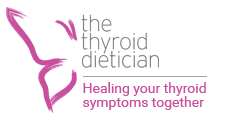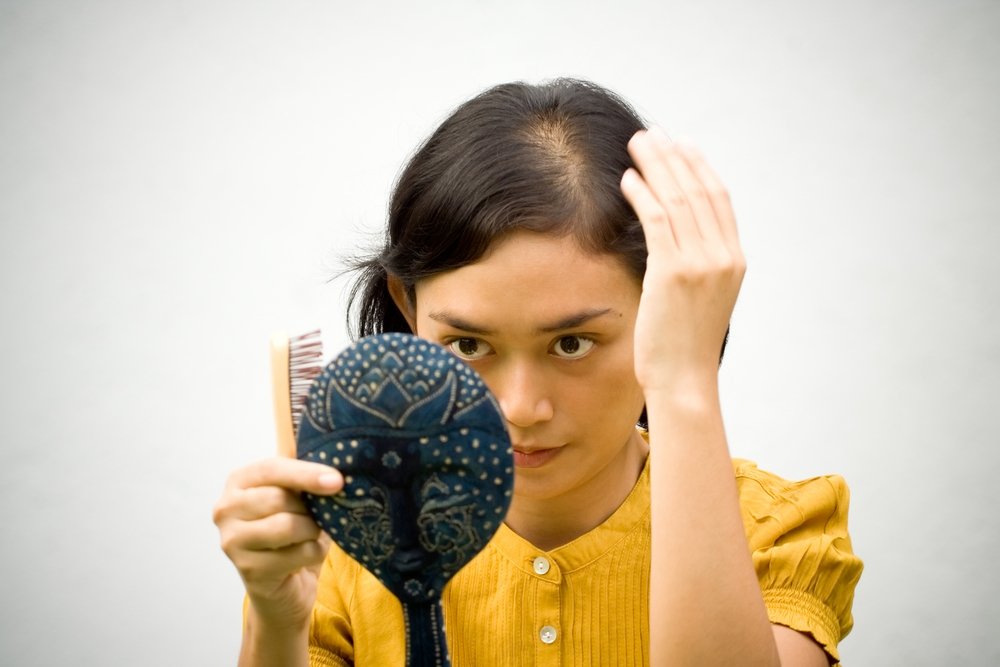This may sound vein, but for me, one of the worst parts of having hypothyroidism was pulling out clumps of hair on a daily basis. Whether it was in the shower, while combing my hair or simply going out on a windy day, I would witness my once thick and long mane deteriorate into strings of hair.
As most of you who have lost a lot of hair know, being able to see your scalp is not a fun prospect. However, if you have hypothyroidism, there are things to consider that can help you to stop hair loss AND possibly grow some back.
Here are a few nutrition tips to take on board:
Up your zinc intake.
Many people who have hypothyroidism are in fact zinc deficient. It is a vital nutrient involved in converting T4 (the storage form of thyroid hormone) into T3 (the active form of thyroid hormone). Since T3 is an essential part of cell metabolism, including processes involved in hair growth, you can appreciate that if there is not enough T3 available, hair is bound to fall out.
Zinc is typically found in higher amounts in meat and seafood like beef, veal, chicken, oysters and crab. If you have an issue with properly digesting protein, then getting the right amount of zinc to support hair growth needs to come from a supplement.
If you confirm a zinc deficiency, taking 50mg of elemental zinc for 3 months can help to reverse hair loss.
It is important to note that increasing zinc intake can block the absorption of copper (causing other issues). In order to avoid this, for every 15 mg of zinc you take, it is also important to take 1 mg of copper.
Correct the iron deficiency.
Iron is another important factor for optimal thyroid health. If you are deficient in iron, don’t automatically assume that you need an iron supplement. The more important issue to address is whether or not you absorb iron properly. If you have a leaky gut, gut dysbiosis or autoimmune conditions such as Ulcerative colitis or Celiac disease, it is important to implement nutrition tactics to heal the gut. Once you heal the digestive tract, chances are iron deficiency corrects itself as well.
In order for optimal hair growth to occur, serum ferritin levels should be above 70ng/ml.
Get rid of inflammatory foods.
Foods such as refined sugar and grains cause inflammation which can exacerbate hair loss. In general, people with a thyroid issues should avoid gluten, sugar and dairy in order to decrease inflammation and improve health. When I followed a strict autoimmune protocol and took the right supplements, my hair loss stopped in a matter of weeks.
Of course, it goes without saying that you should work with your doctor in order to determine how much thyroid medication is optimal for your body. If you are not getting the right amount, hair loss will continue despite efforts to improve your nutrition.
There are ways to improve your thinning hair. Try the above nutrition tactics and keep a journal to keep track of your progress. You will reap the benefits of healthy hair in no time!
Take home message:
- Losing hair is not fun!
- Zinc is necessary for optimal thyroid function and hair growth.
- Check your ferritin levels to check if hair loss is due to low iron status.
- Ditch the inflammation-causing foods to avoid further hair loss.




